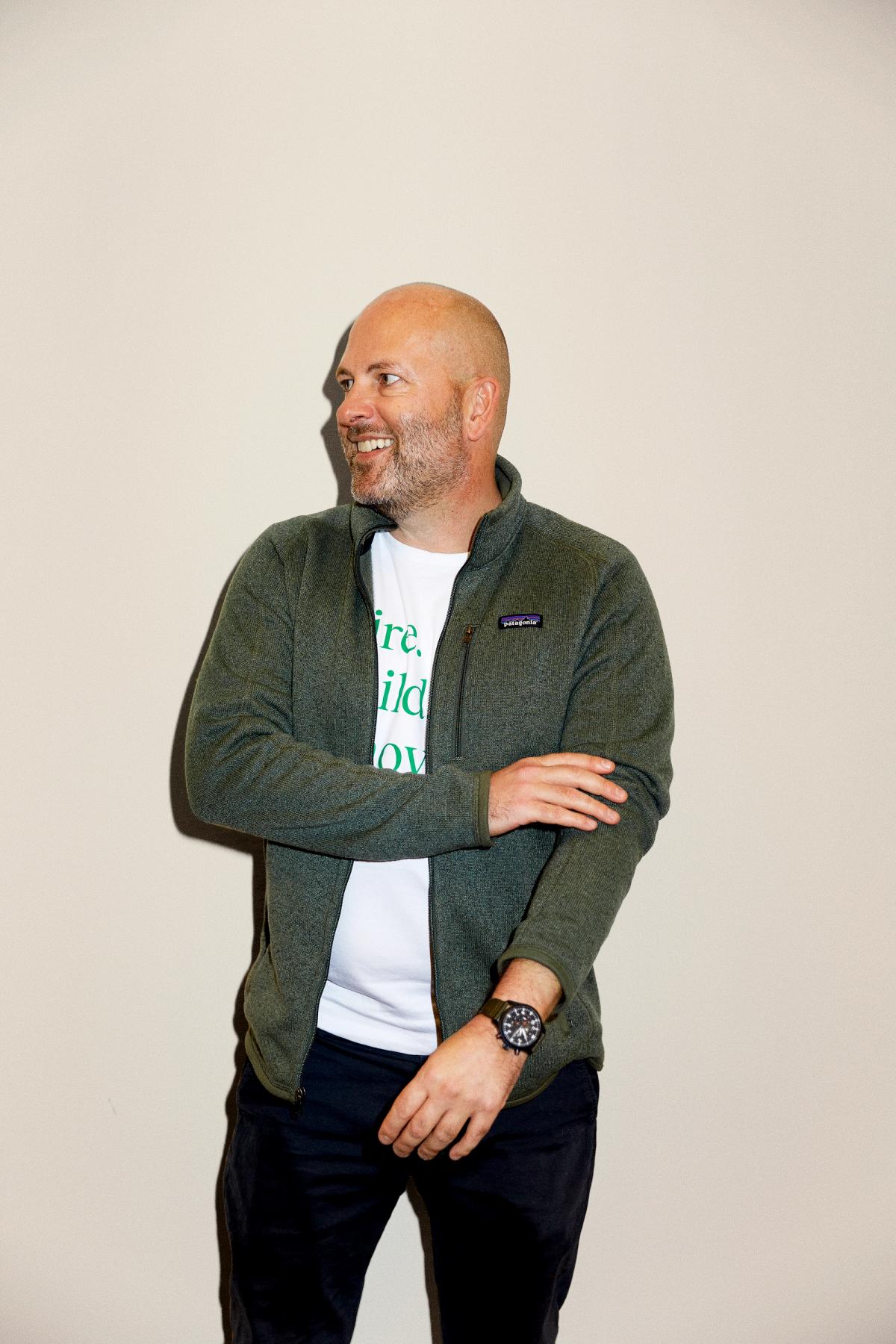How to interview candidates properly, and why it's essential for your brand.

How to interview candidates properly, and why it’s essential for your brand.
Being a good (or even better — excellent!) interviewer is a major contributing factor when it comes to hiring the right candidate. That goes for us as a startup recruitment agency, or you as a startup/scaleup founder or manager.
The number one rule above all others is to conduct a structured interview as opposed to an unstructured interview. What?! I’m super structured, I can hear you saying — that may be, but are you actually conducting a structured interview?
Here are a couple of pointers:
- To conduct a structured interview, you should conduct all interviews in the same way. If you’re not asking the same questions, you’re comparing apples to pears.
- Never make assumptions
- Each candidate is different — so apart from asking the same questions, it’s always a good idea to create a hypothesis around the strengths and development areas of each candidate
One of the reasons why interviewing can be difficult, is that it’s difficult to break free of your personality, in the sense that we sometimes tend to hire someone who looks like us. If you’re replacing someone in your team, you might tend to look for the same profile.
It’s also easy to start an interview with an assumption instead of a hypothesis. The difference between these two is that by creating a hypothesis, you use a structured approach toward confirming or rejecting your theory. When making assumptions you risk being opinionated. You may not see the value of a career break, a degree in history or fine arts, or a yoga instructor course as relevant, but you might be wrong — it might be any one of those factors, which makes the candidate brilliant at what they do.
Every good interview starts with a strong understanding of what you’re looking for; otherwise, you won’t know when you will find it. This basic framework covers the different areas of a candidate:
Start preparing questions for each area. Examples could be:
KNOWLEDGE (Education/background, i.e., a driver’s license) — why did you decide on an MSc in computer science? Do you feel your background benefits you in your current role? Why?
SKILLS (I.e., being a good driver) — How would you rate your coding skills in Java on a scale from 1 to 10? Are you familiar with AWS?
PERSONALITY (I.e., extrovert vs. introvert, etc.) — how would you describe yourself? How would others describe you? Are there any personality types you feel are easier to work with? Can you share an example of a conflict you have had in the workplace?
ATTITUDE (I.e., culture/belief)- would you describe which culture you prefer in the workplace? Is there anything you feel strongly about? Are there any specific tasks, situations, etc. that you would like to avoid?
MOTIVATION (I.e., responsibility/compensation) — what motivates you? What demotivates you? Why do you feel this role would be a better choice than your current role?
These are just examples — you might have a different framework in place, which works better for you. But by structuring your interview, preparing questions, and one or several hypotheses, I can guarantee that you will get better results and a stronger understanding of each candidate.
As part of the interview process, we usually recommend that you ask the candidate to prepare and present a case. More on that next time!
